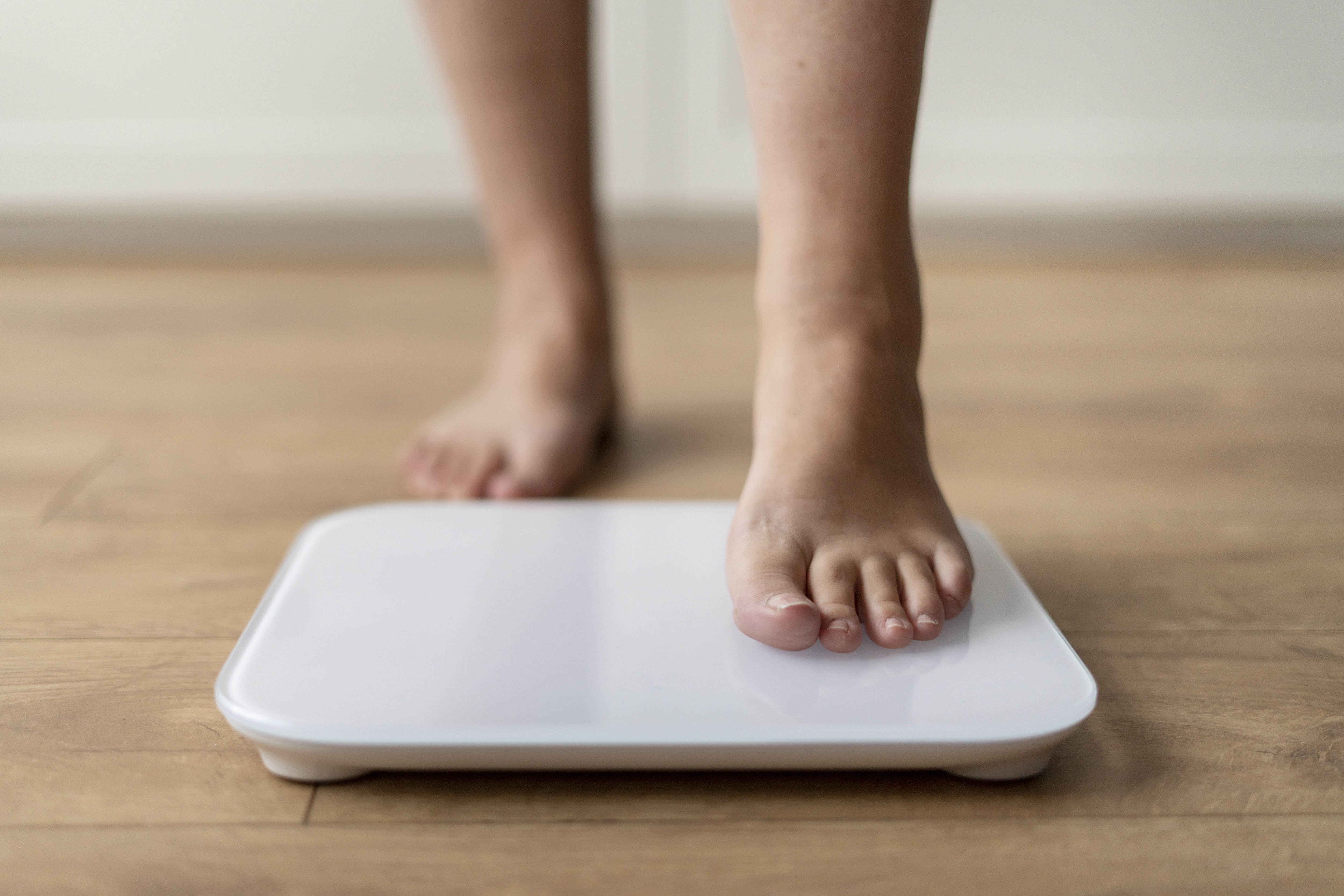Table of Contents
If you had 3 wishes, what would you ask for?
Most people want money, cars, a big house, and a bangin’ body. If we really boil it down, however, all our ‘wants’ are just means to an end. What we really crave are specific states of mind. What we are really chasing is fulfillment, contentment, a sense of belonging, which we think we will achieve through having those ‘things’. However, in the pursuit of acquiring all those things, we end up having to struggle through a highly undesirable state of mind – stress.
Stress is a phenomenon we are all familiar with. Chances are, you are stressing about something right this second.
Stress triggers, among other things, the release of a hormone called cortisol, which has various effects on every single tissue in the body – from the liver, to the adrenal glands and yes, fat cells. The body is an ecosystem. Across-the-board biological changes have a massive effect on cognition.
The effects of stress (and cortisol) on our body and mind can be very positive if the stress occurs on occasion. After all, this is an evolutionary trait. It’s the body’s natural response to protect us and get us charged up to deal with challenges. However, when the stress is frequent and cortisol is chronically elevated, this can become damaging.
Aside from the physiological issues created by chronic stress, stress and eating are also highly correlated. You might relate to the following:
The 3 Levels of Stress
Level 1 – No stress
When there is no stress at all, you might feel bored, disengaged, and lethargic. You might scroll through Facebook on your phone. You might even find yourself in front of the fridge looking for some snacks. Really what your body is looking for is a dopamine snack – something to make it feel good. Flavourful food is a quick fix for that.
Level 2 – Eustress
“Eu” is a prefix that means “good,” like in “euphoria.” Eustress is the stress sweet spot, which occurs when we are challenged. It can be triggered by a video game, a new work project, or learning a new language. It energizes you. It requires you to summon your mental and physical resources. It pushes you to get “in the zone” or in the “flow state.” Usually upon completing such an activity, there is a feeling of fulfillment, satisfaction, and well being.
Level 3 – Distress
When the stressor is beyond the person’s ability to cope or adapt, the release of cortisol becomes chronic, and the person goes into distress. This is characterized by feelings of anxiety, depression, and panic. Some people simply check out and go numb.
This is when we reach out for high-calorie, highly palatable junk food, which makes us feel good through the release of our two good friends: serotonin and dopamine.
Serotonin is a calming hormone, residing primarily in the digestive system, released when we get a big hit of calories. It’s the hormone that tells us – “everything is okay. You’re alright now.” Dopamine release is associated with reward and pleasure, and we get a big hit of it from junk food due to the variety of flavours, and due to the ease with which we get it. Junk food is, no doubt, pleasurable – and also feels like a reward. No wonder that dopamine floods our system.
However, both serotonin and dopamine will wear off after some time. Snap back to reality – the root cause of your stress has not been resolved, and now you are also hundreds of calories over your caloric limit for the day. So not only do you feel stressed out from the original stressor, you also feel guilty. The cycle continues.
Chronically elevated stress levels result in a compromised immune system, and are associated with some of the most common lifestyle diseases such as liver, lung, and cardiovascular issues. Cancer also has a high association with stress. As do many mental disorders including depression, panic disorders.
We barely experience eustress these days, and continue to fall prey to the vicious cycle of stress eating. Most people with their busy lifestyles and routines end up oscillating between No Stress (during long commutes, and meetings) and Distress (high pressure jobs, hectic schedules, and growing to-do lists,)
So what can we do about it?
It should go without saying that in order to deal with stress (and stress eating) the root cause of the stress must first be addressed. However, in certain situations, the stressor may be out of our control. Try some (or all) of these practical methods:
Breathe – When you find yourself starting to spiral out of control, close your eyes, put your hand over your heart, and take six deep breaths as you feel your heartbeat. Go ahead, try it right now. I’ll wait.
Studies have shown that the simple act of taking six deep breaths can totally change your state of mind. This can help you make better decisions in high-pressure moments. Breathing and mindfulness techniques allow us to pattern interrupt between stimulus and response. Going a little deeper into techniques such as Vipassana or Transcendental Meditation can help us understand our own triggers and learn how to deal with them in daily life.
Call someone – You likely have at least two types of friends. One type will empathize with you and validate your feelings. You can get things off your chest. The other type will make you slow down and think about your original problem. You will get a new perspective and be able to make the most of your situation. Identify the friends who will give you the most sound advice regarding your current stressful situation, and call them up.
Play some music! – Music is one of those simple yet highly powerful tools you can use to instantly alter your mood. Study after study shows the positive effect of music on our mental state. You can replicate the effects of this experiment right now. Caveat: choose wisely. Save Coldplay for another day, pick something upbeat or relaxing.
Exercise – Choosing to exercise instead of eating junk food is one of the best decisions one can make. No matter how badly your day went, if you make the one small decision to go work out, and build your body brick by brick, you will feel great about yourself. You came closer to your goal, after all. The boost in testosterone, epinephrine, and neoepinephrine will make you feel like a badass, The challenge will also provide you with hits of dopamine and serotonin. If you start making this decision alone, it can truly change your life.
For best results,
combine #3 and #4. Shake it off!
See a therapist/counselor – The stigma around seeing a counselor is slowly dying down, but most people still don’t even consider this as an option when under duress. A therapist can provide you with the tools you need to deal with your situation. This is their job – and most of them are really good at it.
Learn new skills – Get yourself into eustress by picking up a musical instrument. Order a canvas and 3-4 primary colours, start painting. Do something new that challenges you just a little bit and takes you to the edge or your comfort zone. Learning something new and creating something with your own hands gives us a sense of achievement, contentment, and fulfillment that is lasting – because it is earned.





